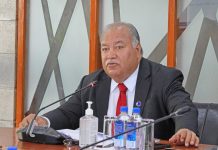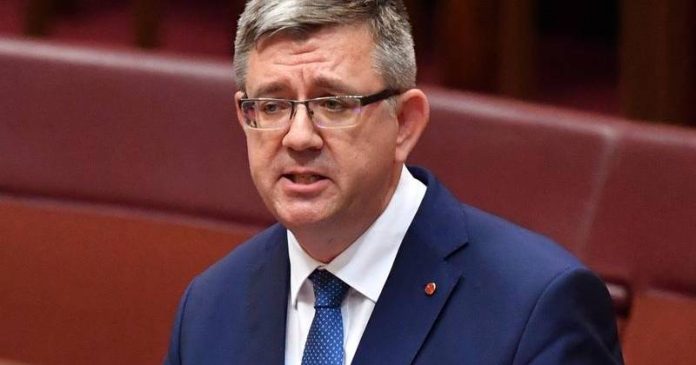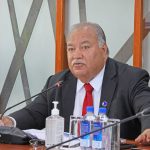Australia’s attempt to plug workforce gaps with Pacific labourers has sparked concerns about disadvantage and diplomatic backlash.
Prime Minister Anthony Albanese’s government is introducing a Pacific Engagement Visa to provide permanent residency for 3000 people from the Pacific and East Timor.
It believes the scheme will strengthen diplomatic ties and create economic opportunities, with supporters also suggesting it will help counter China’s growing regional influence.
But coalition senator Paul Scarr expressed concerns.
“It’s a one-in-40 chance each year, or maybe even less, to actually be successful to come to this country on a permanent basis,” the Queenslander told a parliamentary committee.
The programme will complement an existing scheme that allows Australian businesses to hire workers from the Pacific and East Timor when there are not enough local workers available.
It has attracted 37,000 workers, most of whom have come from East Timor and Vanuatu.
Tukini Tavui from the Pacific Islands Council of South Australia said it would make sense for seasonal workers, who often stayed for several years, to have the opportunity to settle permanently.
“We certainly see the benefit of having these workers being part of the Pacific Engagement Visa on a specific arrangement so that they can be given this opportunity because they are already here,” he said.
But Stephen Howe from the Australian National University said deviating from a lottery system and linking both programmes would stir suspicions of fuelling “brain drain” from the Pacific.
“These countries think they’re sending workers to Australia on a temporary basis. They’re going to get some remittances, get some skills and come back, and they’re very sensitive to the idea that they can be here permanently,” he said.
“That’s going to cause a real diplomatic backlash.”
Senator Scarr said another sticking point was families waiting for welfare.
In its submission to the inquiry, the Department of Foreign Affairs and Trade said there was no intention to waive the four-year waiting period.
The department argued the lag would motivate migrants to enter the workforce.
Senator Scarr said this would place an unfair burden on Pacific communities in Australia to pick up the financial load for families settling in.
The visa scheme is slated to start in July.
SOURCE: AAP/PACNEWS














